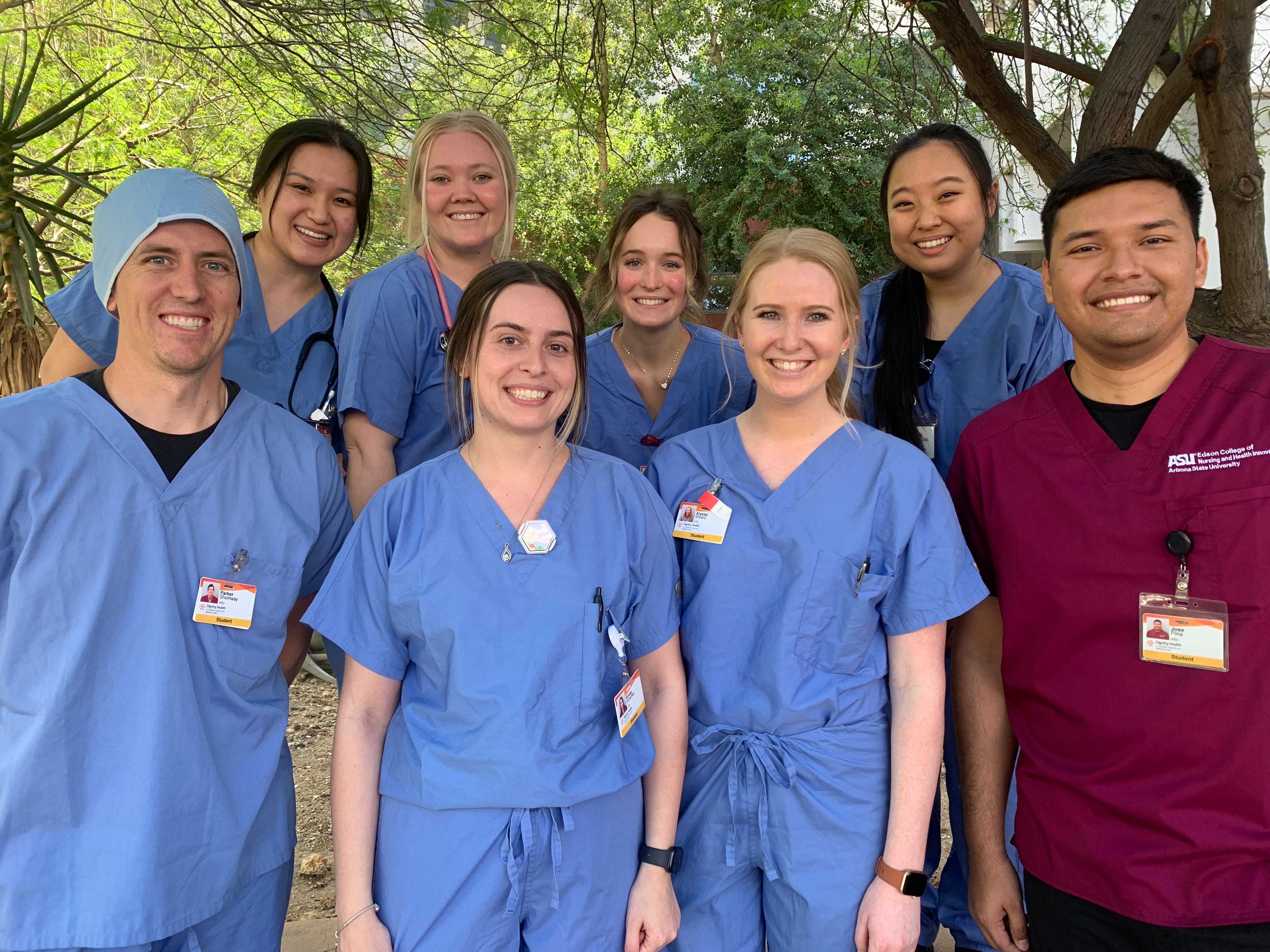Think like a nurse
A crisis never feels like a great time to prepare for what the future needs. But in nursing education, we can’t afford not to think ahead if we hope to continue a legacy of advancing health and well-being among diverse patient populations.
Today and going forward, our health care system needs more of what nurses bring to the table as practitioners and collaborators in promoting health and achieving health equity. The multiple pandemic-related crises for the health care system and society, in general, have accelerated the pace of change to meet current challenges and future needs.
The U.S. health care system needs a nursing workforce ready to serve where needed. We know that need goes beyond acute-care settings. It’s in schools, community health centers, rehab facilities, prisons, senior-living communities, and increasingly, because of the pandemic-related surge in telemedicine, in homes via broadband.
So, if we know nurses are needed almost everywhere to achieve health equity and to improve population health, why do we limit where students can learn to think like nurses to acute-care settings? We’re not at Edson College of Nursing and Health Innovation at Arizona State University. Transformation is underway.
Last fall, Edson College launched a team-model approach to clinical practice that gives our students a better experiential learning education than the previous transitory, rotation system.

Teams of eight students are matched by survey and interests to a practice where they will do most of their four semesters of clinical training. They get to know these clinical practice places inside and out rather than occupy a guest status.
Team assignments include areas like ambulatory care, long-term care, pediatric, rehab, hospice, a perioperative unit, ambulatory care, and a senior-living complex where there will be skilled nursing and health teaching. We have hopes of teams assigned to mammary care units, rehab centers and residential treatment facilities for adolescents in the future.
Our new clinical practice program, which reflects recommendations on strengthening nursing education in the National Academy of Medicine’s “Future of Nursing Report,” makes clear that experiential learning is not about the patient population. It’s about learning the skills and habits that all nurses have no matter the setting. It prepares students to think like nurses regardless of where they find themselves. It breaks down mental barriers that clinical experience can only be acquired in acute care settings.
The team model is our new way for right now. It’s what we need to do to prepare for the future of health care.
